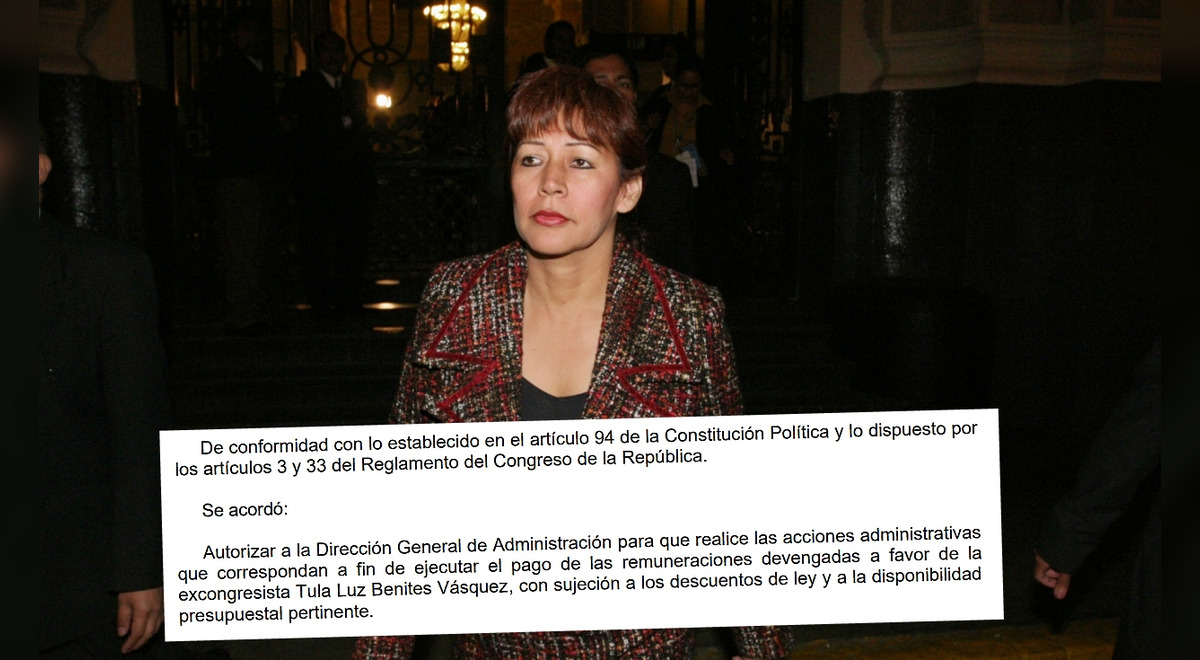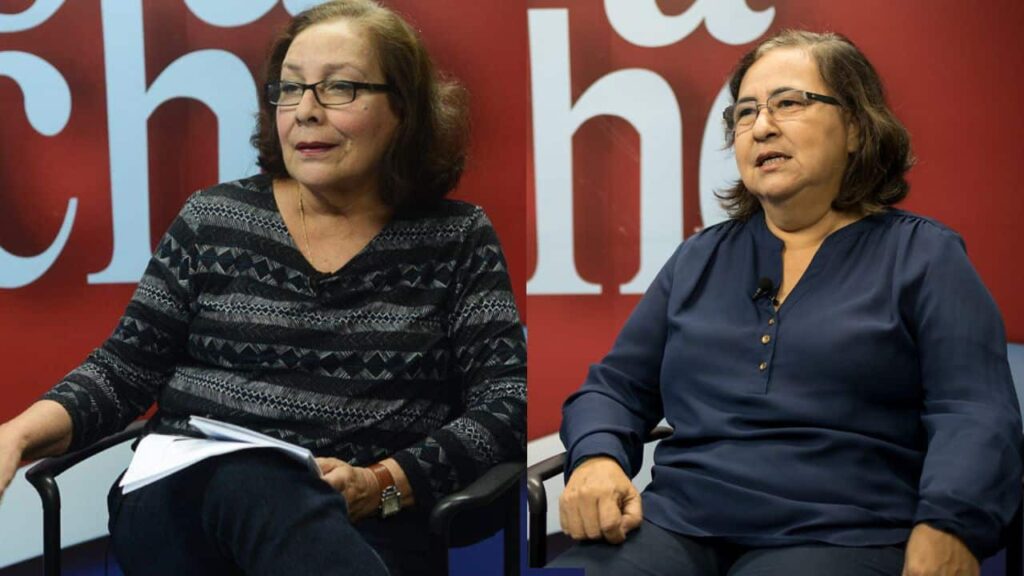The Board of Directors of the Congresschaired by Joseph Williamsauthorized the payment of the salaries that were withheld from the former APRA congresswoman Tula Benites after it was suspended in 2008 when the constitutional accusation for the alleged crimes of peculation, collusion and generic falsehood. He was deprived of his parliamentary rights by the Ghost hiring of your office assistant Juan Carlos Cuadros Noriega.
The agreement of the Board of Directors invokes article 25 of the Regulations of Congress, which establishes that the remuneration of a legislator suspended due to constitutional accusation are deposited in a special account, which the parliamentarian cannot dispose of. If the judiciary acquits the congressman of the charges, the accumulated amount will be delivered to him. This was the case for Benites Vasquez.
In February 2014, the Special Criminal Chamber of the Supreme Court acquitted the former congresswoman Aprista not finding criminal responsibility for the hiring of Juan Carlos Cuadros Noriega, a worker in his office who did not go to work or collect the photocheck that accredited him as a servant of Parliament. The ruling was harshly criticized by lawmakers.
the supreme prosecutor Pablo Sanchez would file an appeal for annulment against the sentence so that Benites Vásquez is subjected to a new oral trial. However, this did not prosper.
The case in Congress
As stated in the final report approved by the Subcommittee on Constitutional Accusations, Cuadros Noriega went to Parliament only twice, not as a worker, but as a “visitor.” Regarding the deposits to a bank account in his name, Cuadros acknowledged, before Peru21, that he “lend his name” in exchange for a monthly payment of 300 soles and access to social security. However, faced with an alleged non-compliance by the ex-Aprista, he canceled the card and requested an account statement from the bank.
Said account statement showed that all bank withdrawals were made in La Libertad, a department that Tula Benites represented in the Congress of the Republic. For this reason, the then public prosecutor of Congress, Julio Ubillús Sorianodenounced Juan Carlos Cuadros Noriega for generic falsehood, fraud and collusion.
Cuadros Noriega had the same luck as Tula Benites in the Judiciary. Judge Darío Octavio Palacios Dextre, of the Tenth Specialized Criminal Court of Lima, acquitted him of all charges. The decision was ratified by the Fourth Criminal Chamber for Free Prisoners of Lima.
Benitez’s demand
After confirming his exculpation, Tula Benites sued Congress before the Twenty-Third Civil Court of Lima, demanding compensation of 2.5 million soles “as a result of the damages caused.”
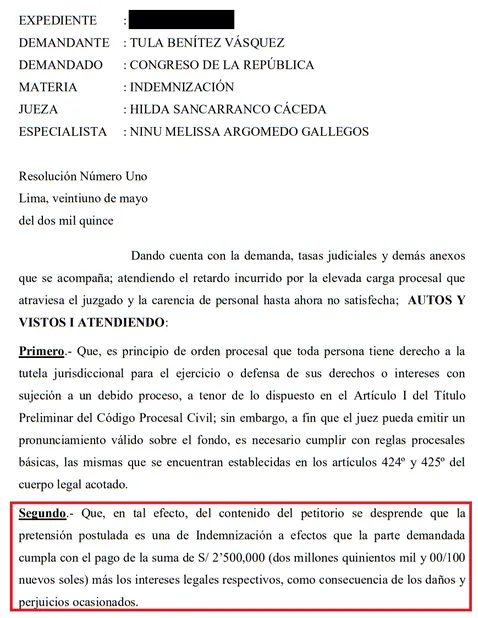
In parallel, the exaprista resorted to constitutional Court after his other resource —a demand for compliance with which he requested the payment of S/629,200— was rejected in the first and second instance by the Third Constitutional Court and the Second Civil Chamber of Limarespectively.
However, the TC magistrates declared the claim inadmissible because Tula Benites it had already appealed to the Twenty-Third Civil Court of Lima and the amount in dispute was subject to controversy, that is, it was not defined. The Department of Human Resources of Congress settled the matter and prepared a report in which it calculated that the former parliamentarian should be paid S/745,420.
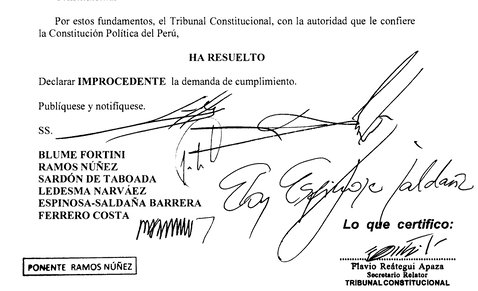
The ruling of the TC recognized the competence of the Twenty-third Civil Court to resolve the approach of Tula Benites. However, 6 years after the lawsuit was filed, the court did not issue a ruling. For this reason, in 2021, the former congresswoman withdrew from the lawsuit. The file would be definitively archived in August 2022.
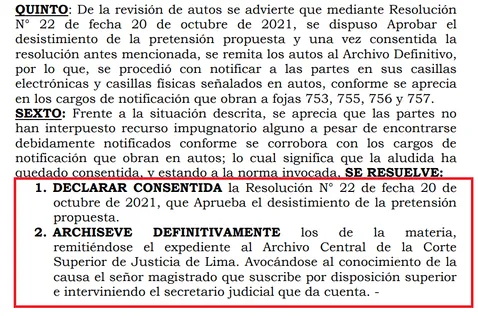
Without any recourse to be resolved in the Judiciary and the amount already defined, the Board of Directors, in the session of February 16 of this year, authorized the General Directorate of Congress Administration to carry out “the corresponding administrative actions in order to execute the payment of the accrued remunerations in favor” of the former APRA congresswoman Tula Benites.
